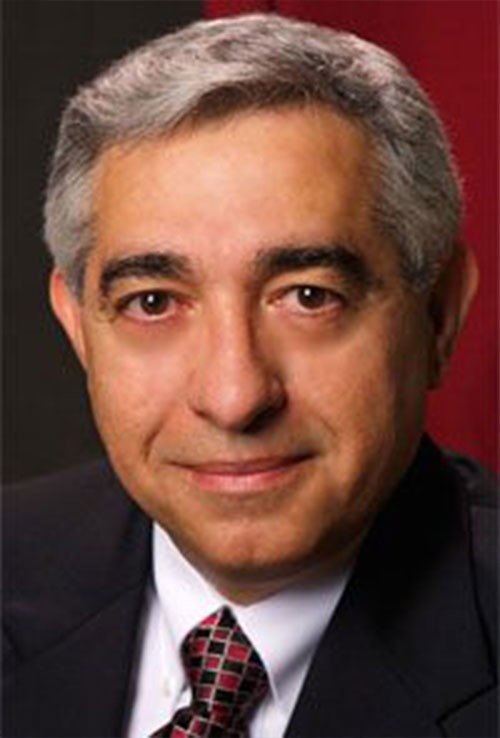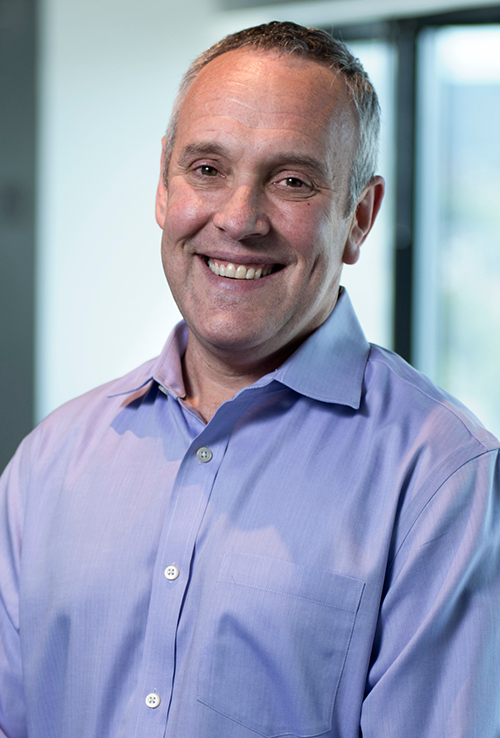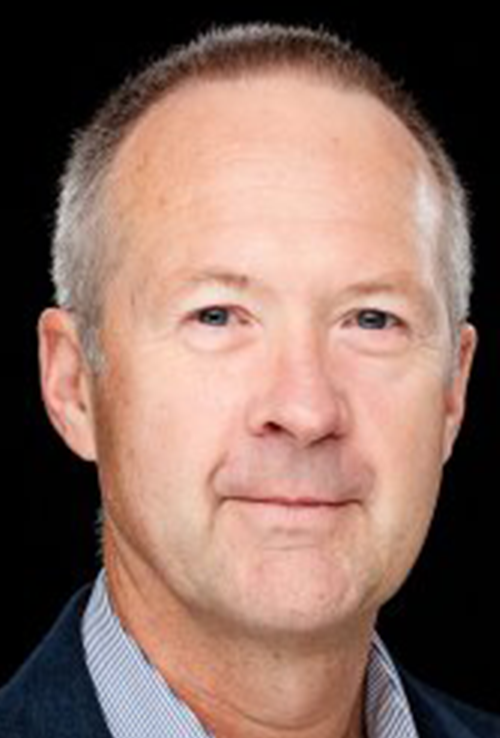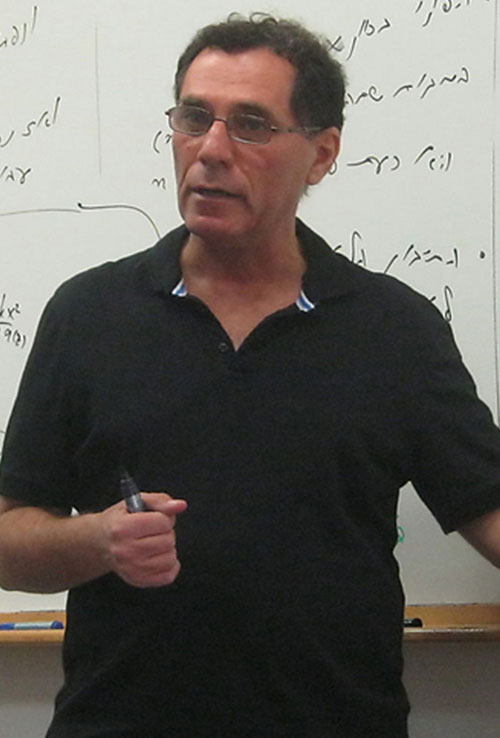Plenary Speakers
Prof. Demetrios Christodoulides
University of Central Florida, USA
Demetri Christodoulides is the Cobb Family Endowed Chair and Pegasus Professor of Optics at CREOL-the College of Optics and Photonics of the University of Central Florida. He received his Ph.D. degree from Johns Hopkins University in 1986 and he subsequently joined Bellcore as a post-doctoral fellow at Murray Hill. Between 1988 and 2002 he was with the faculty of the Department of Electrical Engineering at Lehigh University. His research interests include linear and nonlinear optical beam interactions, synthetic optical materials, optical solitons, and quantum electronics. He has authored and co-authored more than 350 papers. He is a Fellow of the Optical Society of America and the American Physical Society. In 2011 he received the R.W. Wood Prize of OSA and in 2018 the OSA Max Born Award.
Prof. Yoel Fink
Massachusetts Institute of Technology, USA
Yoel Fink is a professor of Material Sciences and Engineering, joint professor in the Department of Electrical Engineering and Computer Science (EECS), and the Director of the Research Laboratory of Electronics (RLE.)
His PhD research has examined the theory and synthesis of block copolymer self-assembled photonic band gap materials, as well as the theory and synthesis of dielectric omnidirectional reflectors (the “perfect mirror”). His work generated some eighteen patent applications and dozens of publications. Prior to joining the MIT community, Fink attended the Technion (Israel Institute of Technology) and received his B.Sc. in Chemical Engineering in 1994, followed by a B.A. in Physics in 1995. While there, he received the Hershel Rich Technion Innovation Award (1994) for development of a flow-through controlled-environment vitrification system. Fink is also a co-founder and past member of the board of OmniGuide Inc., a startup company which developed out of his Ph.D. work. Since joining the MIT DMSE faculty, Fink has established the ‘fibers@mit’ group (previously named the Photonic Bandgap Fibers and Devices group) where vertically integrated research has focused on basic optical material synthesis, novel bandgap structures development, low cost processing, optical characterization and simulation and theory.
Prof. Dr. Philip St. J. Russell
Max Planck Institute for the Science of Light, Germany
Philip Russell is Director at the Max-Planck Institute for the Science of Light in Erlangen, Germany and holds the Krupp Chair in Experimental Physics at the University of Erlangen-Nuremberg.
He obtained his M.A. (1976) and D.Phil. (1979) degrees at the University of Oxford and subsequently worked in research laboratories and universities in France, Germany and the USA. His research interests range from the behaviour of light in periodically structured materials to nonlinear optics, waveguides, optical fibres and their applications. He has over 600 publications and is co-inventor on 37 disclosures or patents covering many aspects of photonics. He is a Fellow of the Royal Society and the Optical Society of America (OSA) and has won several international awards for his research including the 2005 Körber Prize for European Science, the 2005 Thomas Young Prize of the Institute for Physics (UK) and the 2000 OSA Joseph Fraunhofer Award/Robert M. Burley Prize. He was a Director-At-Large of the Optical Society of America 2007-2009 and from 2005 to 2006 he was an IEEE-LEOS Distinguished Lecturer and the recipient of a Royal Society/Wolfson Research Merit Award.
Prof. David Sampson
University of Surrey, UK & University of Western Australia, Australia
Professor David Sampson is the Vice-Provost, Research & Innovation, at the University of Surrey, Guildford, UK. David leads research and innovation across the whole “technology readiness levels” spectrum, championing the Surrey Advantage of impact through excellence. David’s portfolio includes: research & innovation strategy; research training; knowledge exchange; and commercialisation, framed around six themes: Lifelong health & wellbeing; Digital innovation; Innovation for health; Urban living; Sustainability; and Space & aerospace. Previously, David was Director of the Centre for Microscopy, Characterisation & Analysis and remains head of the Optical+Biomedical Engineering Laboratory, both at the University of Western Australia (UWA), Perth, Australia.
David has nearly thirty years’ experience in research in photonics, optics, and microscopy, and applications in communications and biomedicine and ten years’ experience in managing science infrastructure. His research interests are in the science and applications of light in medicine and biology - biomedical optics or biophotonics. He is an authority in optical coherence tomography, with main interests in the microscope-in-a-needle, which targets surgical and biopsy guidance, for which he was awarded the IEEE Distinguished Lecturer Award and several other prizes and optical elastography, the micro-scale imaging of the mechanical properties of tissue, with both undergoing commercialisation.
David is heavily involved in the global optics & photonics community, serving as Director of the SPIE – The International Society for Optics & Photonics (2017-2019), and is a fellow of the optics societies, SPIE and OSA, and the electrical engineering society, IEEE. He serves on various society committees and editorial boards.
Prof. Mordechai (Moti) Segev
Physics Department and Solid State Institute Technion, Israel Institute of Technology
Moti Segev is the Robert J. Shillman Distinguished Professor of Physics, at the Technion, Israel. He received his BSc and PhD from the Technion in 1985 and 1990. After postdoc at Caltech, he joined Princeton as Assistant Professor (1994), becoming Associate Professor in 1997, and Professor in 1999. Subsequently, Moti went back to Israel, and in 2009 was appointed as Distinguished Professor.
Moti's interests are mainly in nonlinear optics, photonics, solitons, sub-wavelength imaging, lasers, quantum simulators and quantum electronics, although he finds entertainment in more demanding fields such as basketball and hiking. He has won numerous international awards, among them the 2007 Quantum Electronics Prize of the European Physics Society, the 2009 Max Born Award of the Optical Society of America, and the 2014 Arthur Schawlow Prize of the American Physical Society, which are the highest professional awards of the three scientific societies. In 2011, he was elected to the Israel Academy of Sciences and Humanities, and in 2015 he was elected to the National Academy of Science (NAS) of the United States of America. In 2014 Moti Segev won the Israel Prize in Physics and Chemistry (highest honor in Israel) and in 2019 he has won the EMET Prize (Israel).
However, above all his personal achievements, he takes pride in the success of his graduate students and postdocs, among them are currently 21 professors in the USA, Germany, Taiwan, Croatia, Italy, India and Israel, and many holding senior R&D positions in the industry.
Invited Speakers
- Gilberto Brambilla, University of Southampton, UK
- Markus Schmidt, Leibniz Institute of Photonic Technology e.V., Germany
- Michel Digonnet, Stanford University, USA
- Scott Foster, Defence Science and Technology Group, Australia
- Walter Margulis, RISE Acreo, Sweden
- Chris Minto, Optasense, USA
- Mercedeh Khajavikhan, University of Central Florida, USA




